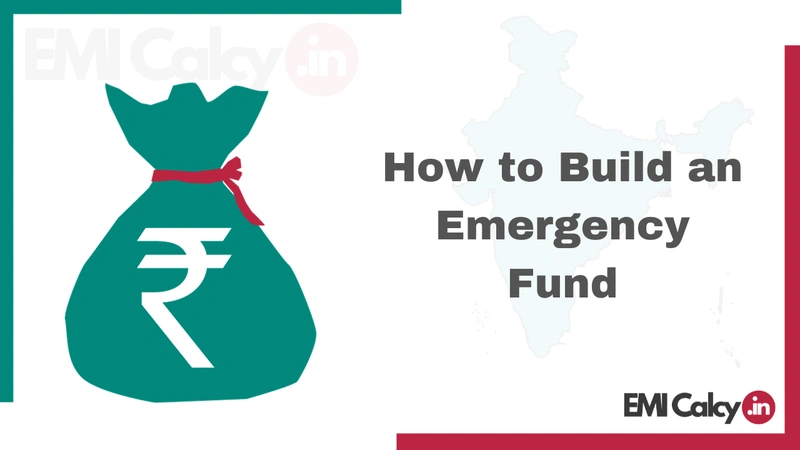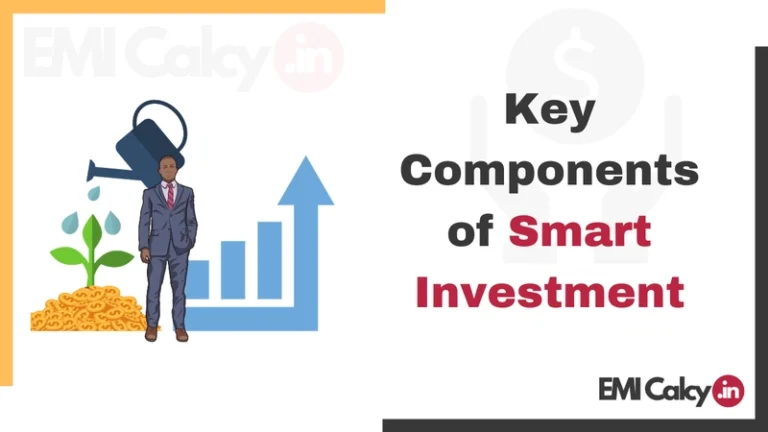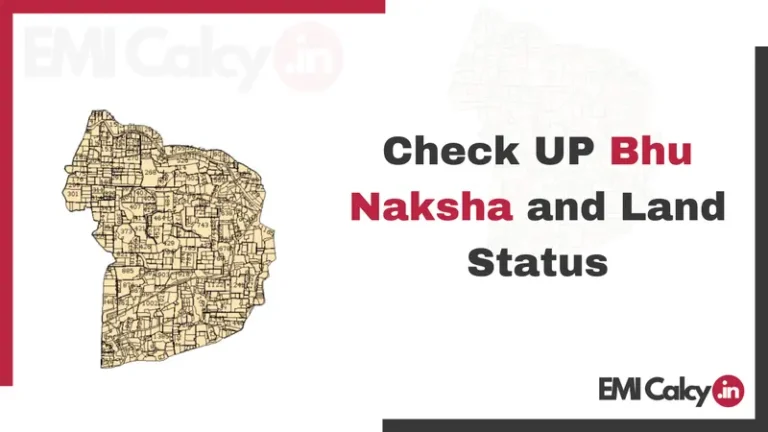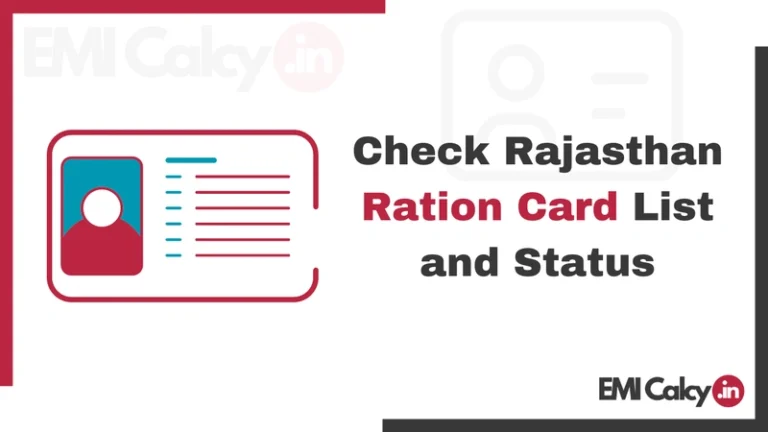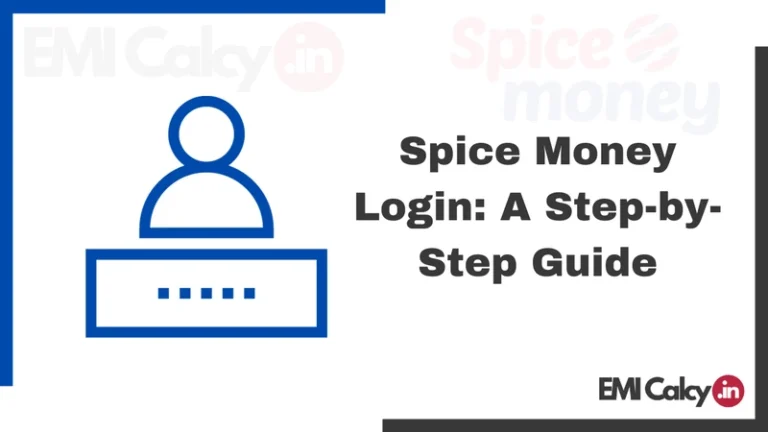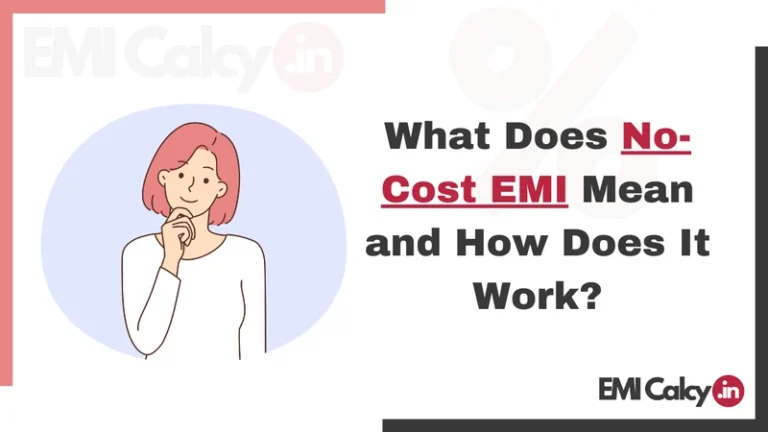Life is full of unexpected twists and turns, and financial emergencies can strike when you least expect them. Whether it’s a sudden medical expense, a car repair, or even a job loss, having funds is crucial to weathering these storms without jeopardizing your financial well-being.
In this comprehensive guide tailored to the Indian context, we will explore how to build an emergency fund fast in India, how long it takes to build an emergency fund, the importance of building an emergency fund fast, and provide practical steps to help you build one quickly and effectively.
1. Why You Need an Emergency Fund
The Importance of an Emergency Fund
Before starting into the details of how to build an emergency fund fast, let’s understand why it’s essential. The fund serves as a financial safety net, providing you with peace of mind that you can handle unexpected expenses without going into debt.
This fund can be a lifeline during difficult times, preventing you from tapping into your long-term savings or relying on high-interest loans.
Unique Challenges
The financial landscape has its own set of unique challenges. The volatility of the job market, fluctuating healthcare costs, and the prevalence of joint families can make it more challenging to manage financial emergencies.
These factors underscore the importance of having a robust emergency fund tailored to the context.
Related: Mastering the Best Zerodha Streak Strategy
2. Setting Your Emergency Fund Goal
How Much Do You Need?
The size of your fund should be based on your individual circumstances. A common rule of thumb is to have 3 to 6 months’ worth of living expenses saved up.
However, factors like family size, healthcare expenses, and job market conditions should also be considered. Start by evaluating your monthly expenses and setting a realistic target based on your unique situation.
Assessing Your Risk Profile
Your risk tolerance and job stability should also factor into your fund target. For instance, if you work in a volatile industry, you might want to aim for a more substantial emergency fund than someone in a stable job. Assess your risk profile and adjust your goal accordingly.
3. Building Your Emergency Fund Fast
Evaluate Your Current Financial Situation
Before you can start building your emergency fund, it’s essential to assess your current financial situation. This means creating a detailed budget that accounts for all your income, expenses, and debt obligations. Knowing where your money is going is the first step toward gaining control over your finances.
Prioritize Saving
Once you have a clear understanding of your finances, it’s time to make saving a top priority. Establish a monthly savings target based on your emergency fund goal.
Consider automating your savings by setting up a dedicated account where a portion of your income is automatically transferred. This ensures that you save consistently.
Cut Unnecessary Expenses
To build your emergency fund quickly, identify areas where you can cut back on spending. While essential expenses like rent, utilities, and groceries are non-negotiable, evaluate your discretionary spending.
Reducing expenses on dining out, entertainment, and impulse purchases can free up more money for your fund.
Related: Personal Loan EMI Calculator Online
Increase Your Income
Increasing your income can significantly accelerate your emergency fund-building process. Look for opportunities to earn extra money, such as taking on freelance work, selling unused items, or exploring side hustles. Every additional rupee you earn can help you reach your goal faster.
Windfalls and Bonuses
Windfalls like tax refunds, bonuses, or gifts can provide a sudden boost to your fund. Instead of spending these extra funds, consider allocating a portion of them to your savings. It’s a quick and painless way to make progress toward your goal.
4. Smart Savings and Investment Strategies
High-Yield Savings Account
When saving for your emergency fund, choose a savings account that offers a higher interest rate. High-yield savings accounts provide better returns compared to regular savings accounts. While interest rates can vary, even a small increase in the rate can boost your savings over time.
Fixed Deposits
Fixed deposits (FDs) are a popular investment choice in India. They offer a higher interest rate than regular savings accounts. While your money will be less liquid in an FD, it’s a safe option for a portion of your emergency fund.
Ensure that you select a short-term FD to maintain access to your money in case of emergencies.
Liquid Funds
For the portion of your emergency fund that you don’t expect to need immediately, consider liquid funds. These mutual funds are low-risk, and they typically provide better returns than regular savings accounts.
However, it’s crucial to understand the risks and liquidity of different types of mutual funds before investing. If you are planning to invest in a mutual fund, this online mutual fund calculator will help you in your journey.
Diversify Your Investments
While you should prioritize safety and liquidity when building your emergency fund, it’s also essential to diversify your investments to maximize returns. A mix of high-yield savings accounts, fixed deposits, and liquid funds can strike the right balance between accessibility and growth.
Related: Bank Loan EMI Calculator Online
5. Protecting Your Emergency Fund
Avoid Temptation
It can be tempting to dip into your emergency fund for non-urgent expenses. To protect your fund, mentally separate it from your regular savings and investments. Remind yourself that it’s for genuine emergencies only.
Regularly Reevaluate Your Goal
Life circumstances can change, and your financial situation may evolve over time. It’s crucial to revisit your emergency fund goal periodically to ensure it remains relevant. Adjust your target if necessary, based on your current needs and risk profile.
Keep a Budget
Even after building your emergency fund, it’s important to maintain a budget. Budgeting keeps your finances in check and helps you avoid overspending, which could deplete your funds unnecessarily.
Emergency Fund Insurance
Consider exploring insurance options that can protect you in case of specific emergencies, such as health or home insurance. Having the right insurance can reduce the burden on your emergency fund.
6. Handling Unexpected Events
Medical Emergencies
Healthcare expenses can be a significant drain on your emergency fund. While insurance can help, it’s essential to understand your policy’s coverage and maintain a health fund within your overall savings plan.
Job Loss
In the event of a job loss, your emergency fund becomes a crucial lifeline. Be prepared to tighten your budget and explore unemployment benefits while actively seeking new employment opportunities.
Home and Car Repairs
Car and home repairs are common financial surprises. Ensure that you have allocated a portion of your emergency fund for these expenses. Additionally, consider regular maintenance to prevent major repair costs.
Family Emergencies
These situations are not uncommon. Be prepared to provide financial support while ensuring that it doesn’t deplete your entire emergency fund. Seek assistance from other family members if needed.
Related: Car Loan EMI Calculator Online
Conclusion
Building an emergency fund quickly is not only a financial necessity but also a wise step toward securing your financial future. Where financial stability can be unpredictable, a fund tailored to your unique circumstances is your best defense against life’s unexpected challenges.
Remember that building an emergency fund is not a one-time effort; it’s an ongoing process that requires discipline and commitment. As you build your fund, you’ll gain confidence in your financial resilience and the ability to face life’s uncertainties head-on.
By assessing your goals, managing your finances wisely, and adopting the right saving and investment strategies, you can build an emergency fund that provides you with the financial security you need. While the journey may be challenging at times, the peace of mind it offers is well worth the effort.
FAQs about Building an Emergency Fund
Why do I need an emergency fund?
An emergency fund is like a financial safety net. It helps you handle unexpected expenses like medical bills, car repairs, or job losses without going into debt. It provides peace of mind and financial security when life throws you a curveball.
How much should I save in my emergency fund?
The ideal amount varies from person to person. A common rule of thumb is 3 to 6 months of living expenses. However, your family size, job stability, and other factors should guide your decision. Assess your situation and set realistic goals.
Can I use investments for my emergency fund?
While it’s good to invest, your fund should be readily accessible. Consider a mix of high-yield savings accounts, fixed deposits, and low-risk investments for growth. But remember, it’s not a place for high-risk investments due to the need for quick access during emergencies.
What if I need to use my emergency fund for a non-emergency expense?
The key is discipline. Your fund should be reserved for genuine emergencies. If you’re tempted to dip into it for nonurgent expenses, rethink your budgeting strategy and consider alternatives, like a separate savings goal for those expenses.
How can I protect my emergency fund from unexpected spending?
To safeguard your fund, create a clear distinction between it and your regular savings. Revisit your goal regularly, maintain a budget, and consider insurance for specific emergencies. Discipline is your best defense against unexpected spending.
Disclaimer: The information provided in this article is for general informational and educational purposes only and should not be considered financial, legal, or professional advice. Building an emergency fund involves various personal factors and considerations. Before making any financial decisions, it is advisable to consult with a qualified financial advisor or professional who can provide guidance tailored to your specific situation.

